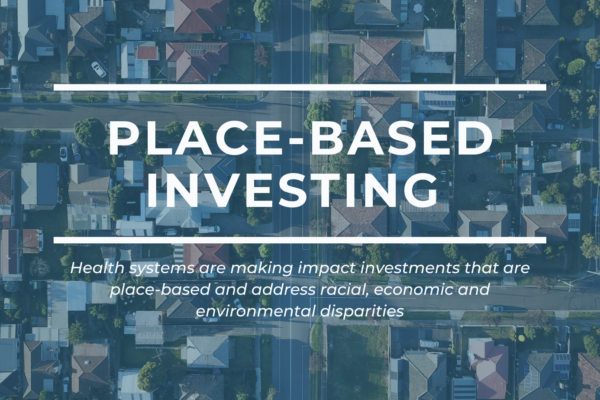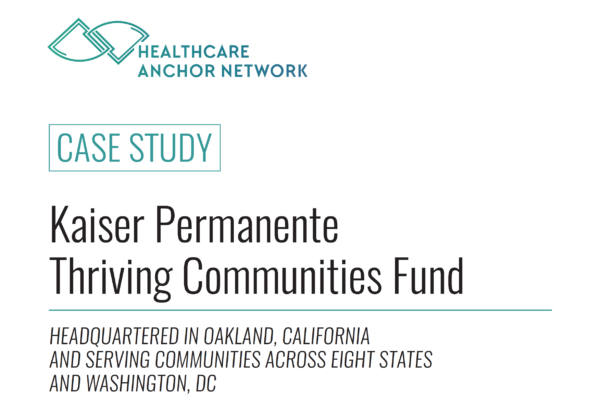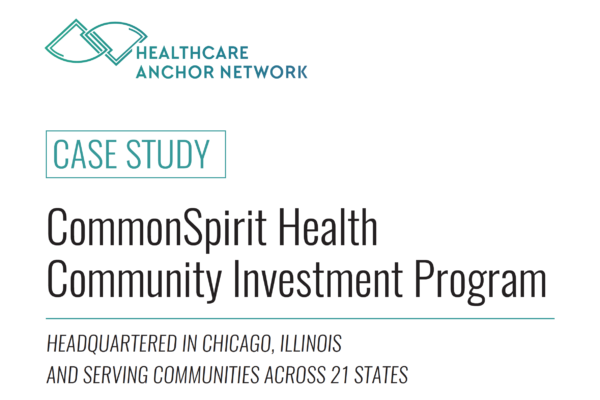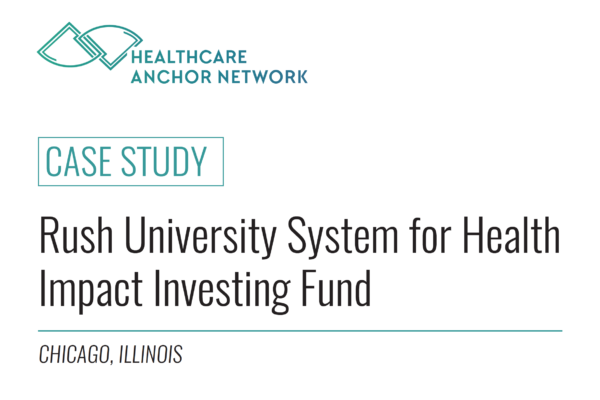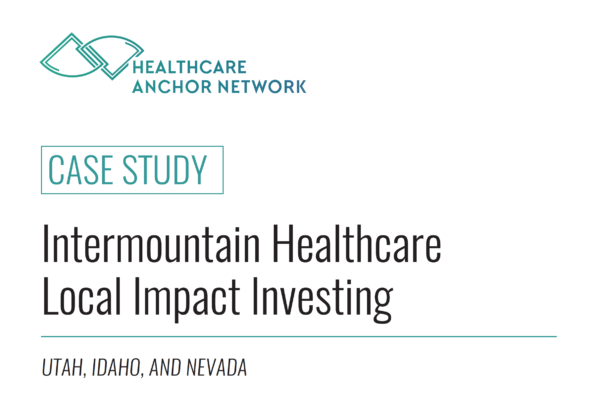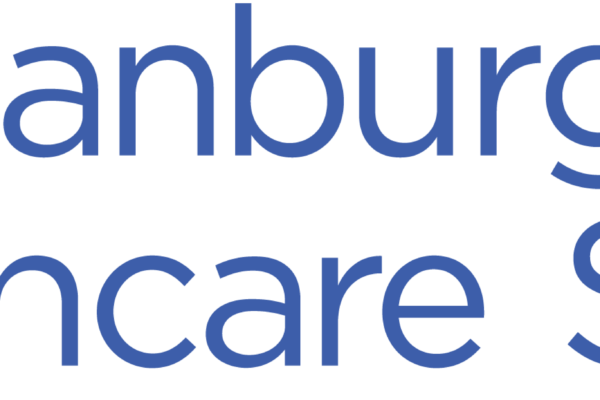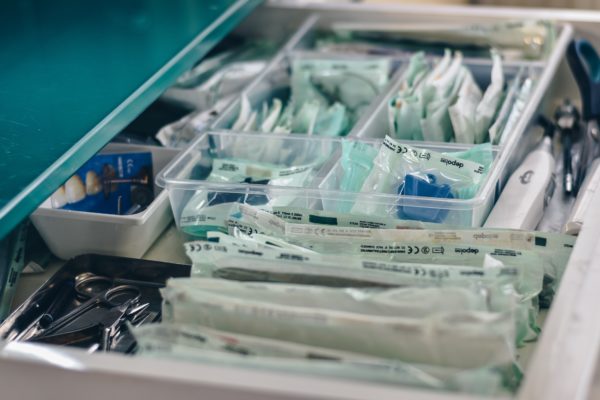Healthcare anchors have a unique role to play as investors in their communities to improve community health and well-being, particularly for those impacted by a legacy of divestment and discrimination. Many HAN member health systems have committed to redirecting a portion of their investable assets toward impact investments that are place-based and address community conditions that […]
Continue Readingtest
Kaiser Permanente Thriving Communities Fund
Kaiser Permanente’s Thriving Communities Fund is explored in a new case study. The case study covers the program’s inception and design, strategies employed, partnerships, key stakeholders involved. It also explores several of the program’s projects, including the Housing for Health Fund and the SDS Supportive Housing Fund.
Continue ReadingCommonSpirit Health Community Investing Program
CommonSpirit Health’s Community Investing Program is explored in a new case study. The case study covers the program’s inception and design, strategies employed, and key stakeholders involved. It also discusses several of the program’s projects, including Stocktonians Taking Action to Neutralize Drugs (STAND), the Hill Country Community Clinic, and California FarmLink.
Continue ReadingRush University System for Health Impact Investing Fund
Rush University System for Health’s (RUSH) Impact Investing Fund (“the Fund”) is explored in a new case study. The case study covers the Fund’s inception and design, strategies employed, and key stakeholders involved. In addition, it examines Rush’s partnerships with other local anchor institutions through West Side United (WSU) on place-based investing projects. Finally, it […]
Continue ReadingIntermountain Healthcare Local Impact Investing
Intermountain Healthcare’s local impact investing work is explored in a new case study. The case study covers the program’s inception and design, strategies employed, and key stakeholders involved. It also explores one of the program’s early initiatives, the Utah Housing Preservation Fund.
Continue ReadingSpartanburg Regional Healthcare System
Welcome Spartanburg Regional Health System to HAN! The health system is one of South Carolina’s largest healthcare systems and is celebrating its centennial. Spartanburg employs over 9,000 individuals and also services North Carolina.
Continue ReadingIncreasing digital equity for patients and the community
HAN member The MetroHealth System’s proposed pilot project was selected by the Federal Communications Commission (FCC) to participate in the FCC’s Connected Care Pilot Program. This pilot will support the System’s Digital Connectivity Initiative, which will provide $901,000 over three years to subsidize internet connection for Cuyahoga Metropolitan Housing Authority (CMHA) residents. From the press release: The Institute for H.O.P.E.™ has screened […]
Continue ReadingCleveland Clinic, Kaiser, Intermountain among those committing to supplier diversity
Cleveland Clinic, Intermountain Healthcare, Kaiser Permanente, and Providence are among 12 systems in the country to sign a commitment to expand supplier diversity. The Impact Purchasing Commitment — designed by the Healthcare Anchor Network in partnership with Health Care Without Harm and Practice Greenhealth — includes increasing spending with minority and women-owned business enterprises (MWBEs), […]
Continue ReadingHealth systems commit to diversifying supply chains
A dozen health systems are pledging to diversify their vendor partnerships, including collectively funneling at least $1 billion over the next five years to minority and women-owned businesses. Each organization signing the “impact purchasing commitment” also agreed to work with two of their existing large vendors to hire workers from disinvested communities they serve. Signatories of […]
Continue Reading12 health systems pledge $1B investment in small businesses
Twelve health systems signed a joint $1 billion commitment to boost spending collectively on local, minority, women-owned and other small businesses and enterprises, most of which have been affected by the COVID-19 pandemic, according to a June 9 news release. The organizations signed the “Impact Purchasing Commitment,” designed by the Healthcare Anchor Network, in partnership with […]
Continue Reading